The Invisible Disability Association marked the third week in October as Invisible Disability Awareness week and this is the 10th anniversary.

This year Invisible Disability Awareness Week is Oct. 15th to 21st.
An invisible disability is a condition that affects your day-to-day life that isn’t outwardly obvious.
Some examples include diabetes, MS, Ehlers-Danlos Syndrome (EDS), epilepsy, depression, autism, etc.
Kyrie Herman and Candence Herman run the Invisible Illness Alberta social media accounts and share their stories of living with invisible illnesses such as EDS, Postural Orthostatic Tachycardia Syndrome (POTS), etc.
“I share our journey, living with Ehlers-Danlos syndrome and multiple other like disorders for a few reasons,” said Kyrie. “First started as I would end up in the hospital a lot (and) it was easier for us to just post something instead of my husband having to have multiple text conversations.”
“(Then) we really started sharing it more for awareness because our illness is invisible for the most part. And when people see us out in the community, they see us as healthy people. But it’s not like that all the time,” said Kyrie. “And when we were first diagnosed, it felt like we were the only ones. And we had nobody, and we had no community. We just wanted to be heard. We wanted to be understood. We wanted to be believed.”
Candence, a Stollery Mighty Millions Lottery kid, says their social media presence has helped people find their correct diagnoses.
“It’s really brought awareness to the disorders (we have) and people are like, ‘Oh, I think I have that because I fit all of these things.’ But I’ve been told all my life, you look okay,” said Cadence.
Jess Stainbrook the executive director of the Invisible Disabilities Association said the awareness week is meant to help create conversations about invisible disabilities.

Get weekly health news
“(We want to) raise the bar in awareness and advocacy of what’s going on for people that live with invisible disabilities.”
Stainbrook added that many people with invisible disabilities are not believed or told they are faking.
“(They may) not even believe you because they can’t see it readily.”
The Invisible Disability Association is hosting a gala on Oct. 21 at 5 p.m. to help further raise awareness and give awards to outstanding people in the invisible disability community.
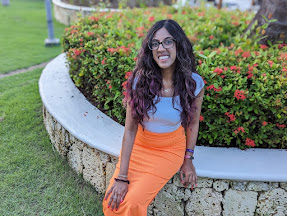
Lauren Pires is the first Canadian to be receiving the “you LOOK good” award for sharing her story of living with central core disease, which causes her to have only 33 per cent of the average person’s strength.
Pires didn’t realize it until her “mid to late twenties” even though she was born with the condition.
“When I realized that, it was kind of devastating, but also kind of shocking and exhilarating to know that I have lived what I say is a pretty full life.”
Pires said she avoided talking about her disability and tried to hide it growing up.
“I went a long time with trying to hide my disability as much as I could. I was really nervous about people seeing me differently or thinking that it (is) a weakness or an excuse or something,” said Pires. “Then (I) finally got it out there publicly, and it felt so liberating.”
Pires said that she learned that she could do anything if she puts her mind to it.
“People are stronger and more resilient than they think they are. There are so many things that I never thought I’d be able to do, but I have done them because I decided to and because I wanted to do them.”
Gregg McMeekin the Alberta Advocate for persons with disabilities says awareness weeks like this bring the opportunity for education and understanding.
“It allows conversations to happen. There’s education involved. People should also know that it may be difficult to realize that someone has a disability and really it just brings about awareness and hopefully a change in society (and) society’s attitudes toward disabilities in general. People with invisible disabilities are the same as everybody else.”
Kyrie said, “My illness isn’t invisible if you take the time to listen.”
She added that “family and friends of those with an invisible illness, believe them. Be willing to listen to them. Even if you don’t understand it, just let them explain. Let them listen and ask questions.”
Those with chronic illness, “you don’t need to suffer in silence,” said Kyrie.
“Advocate for yourself and surround yourself with people that will help advocate for you,” said Cadence. “Surround yourself with the people that light you up and bring you joy,” said Kyrie.



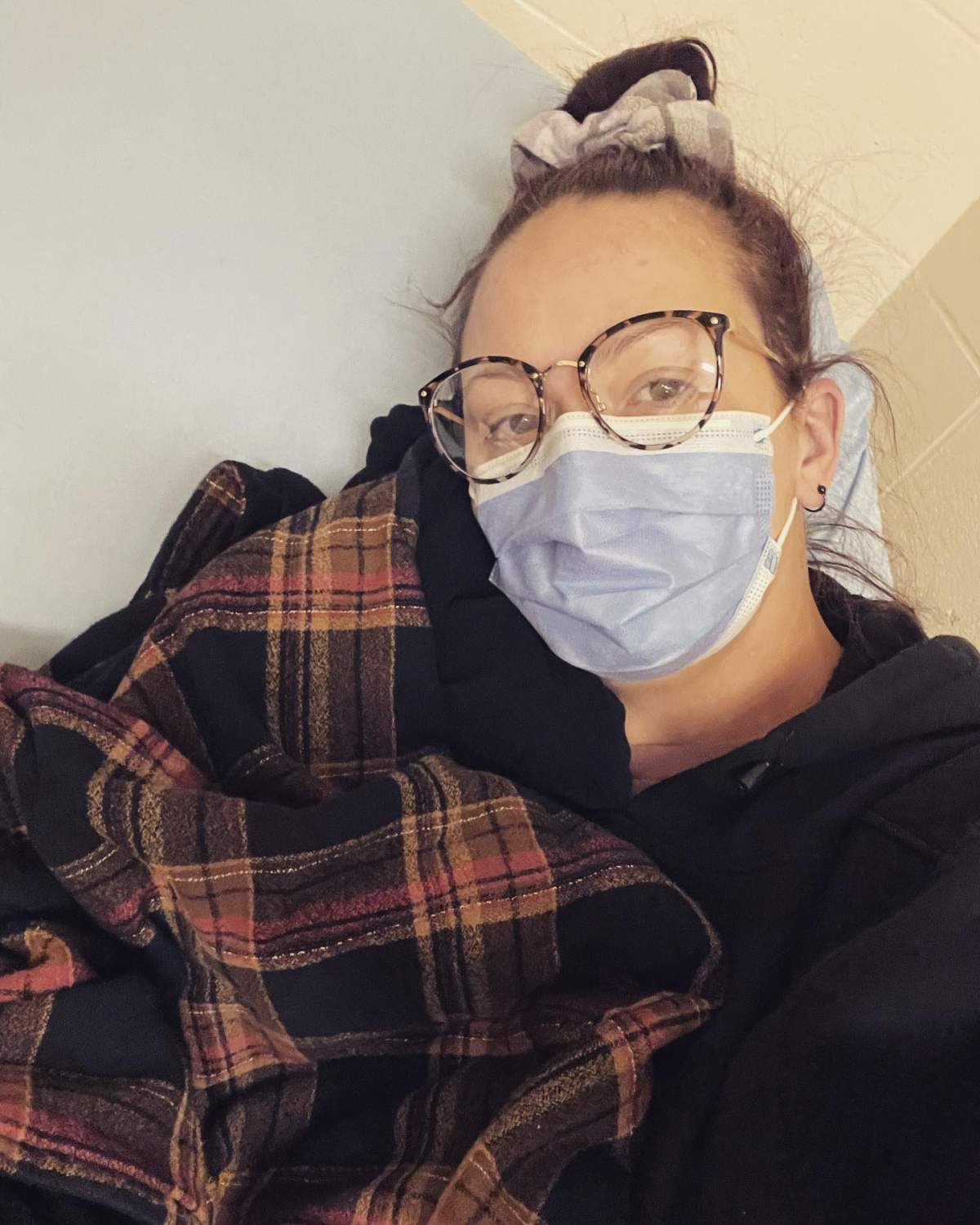


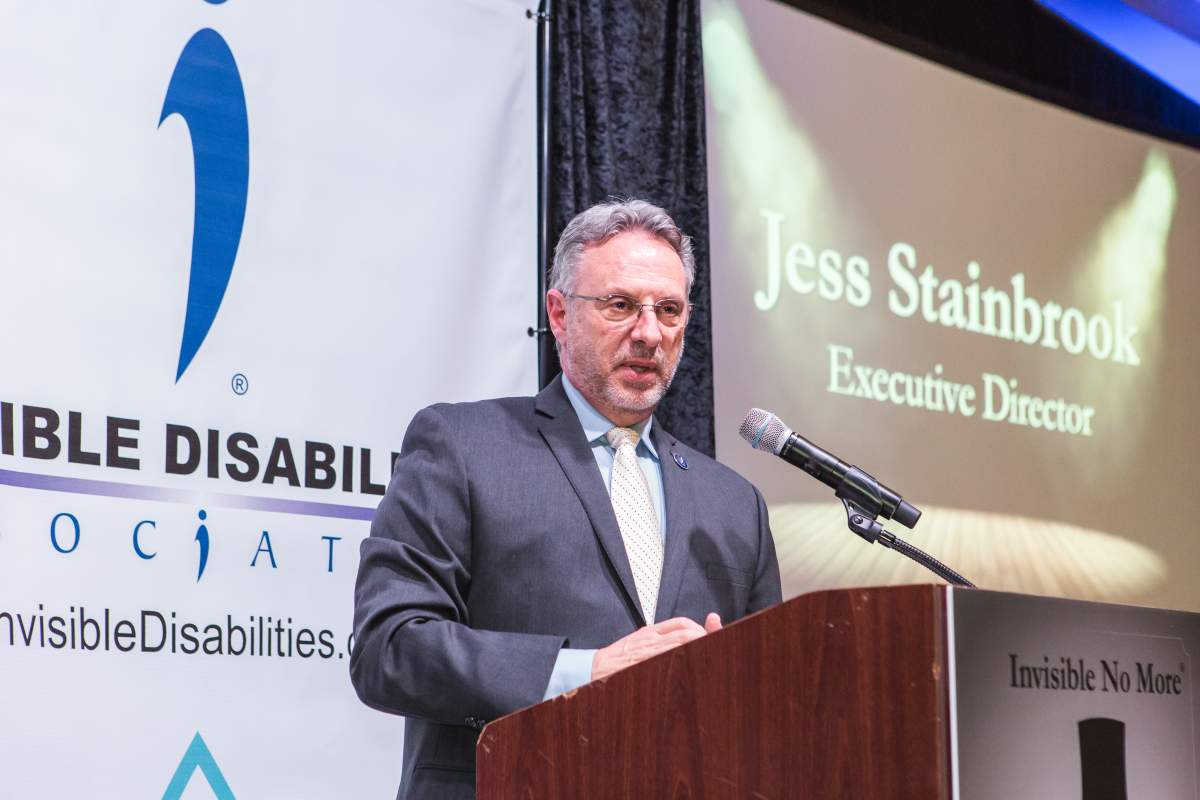
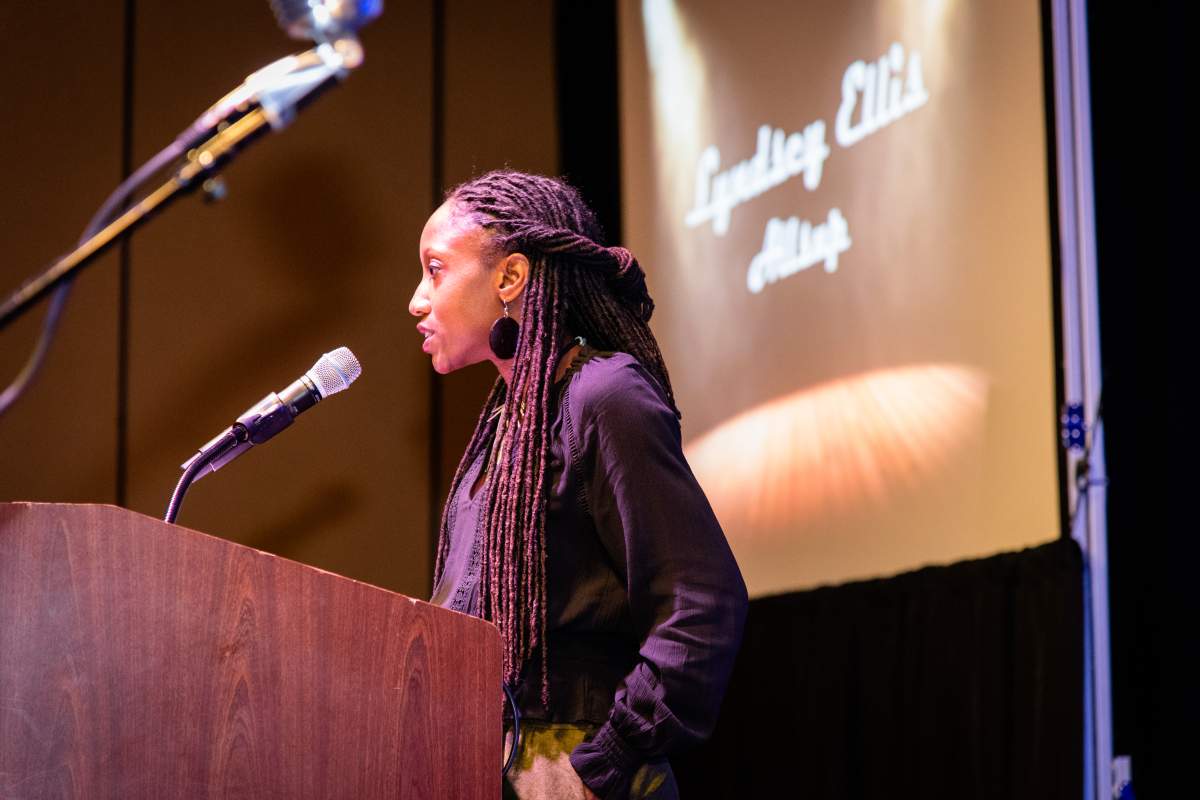



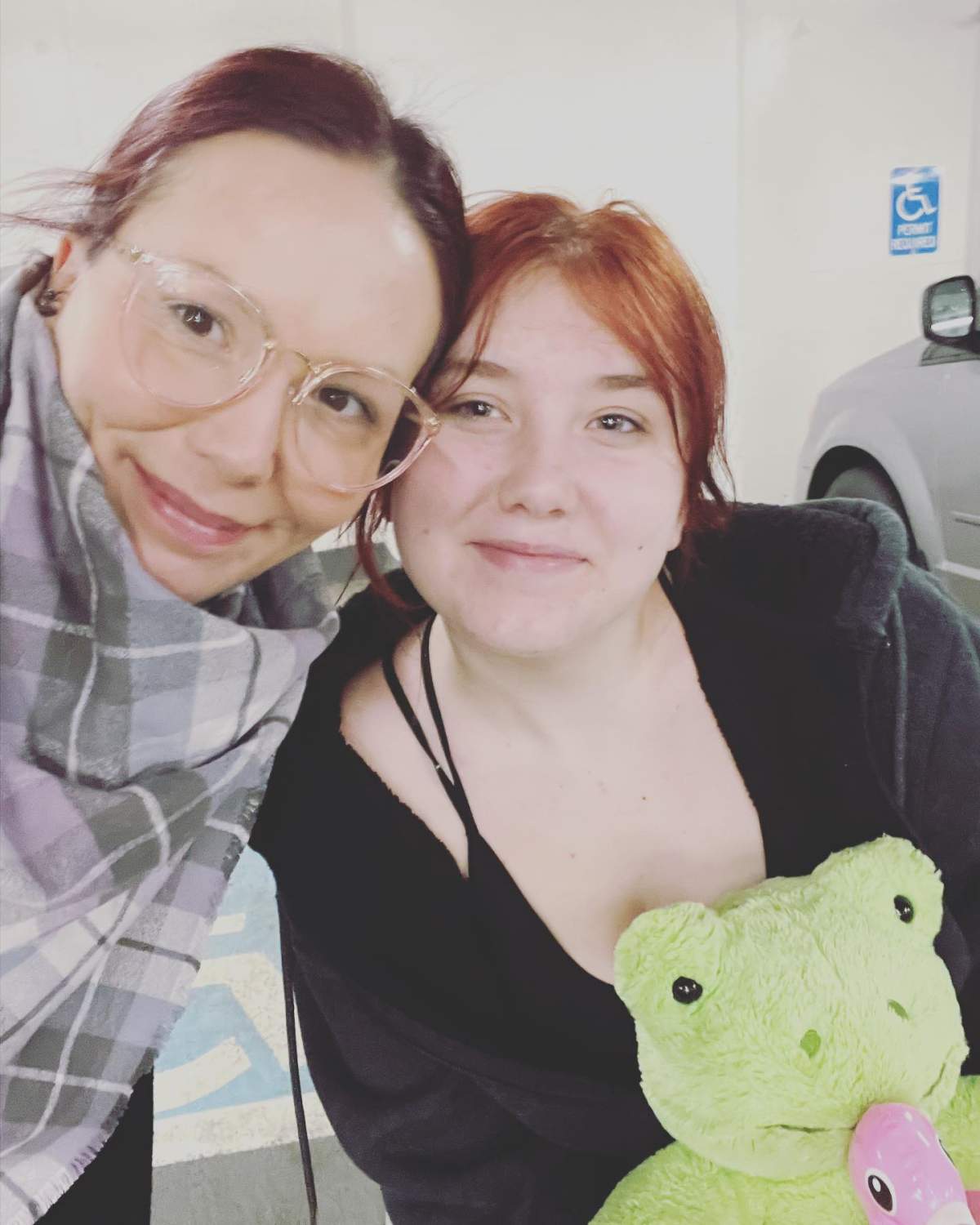
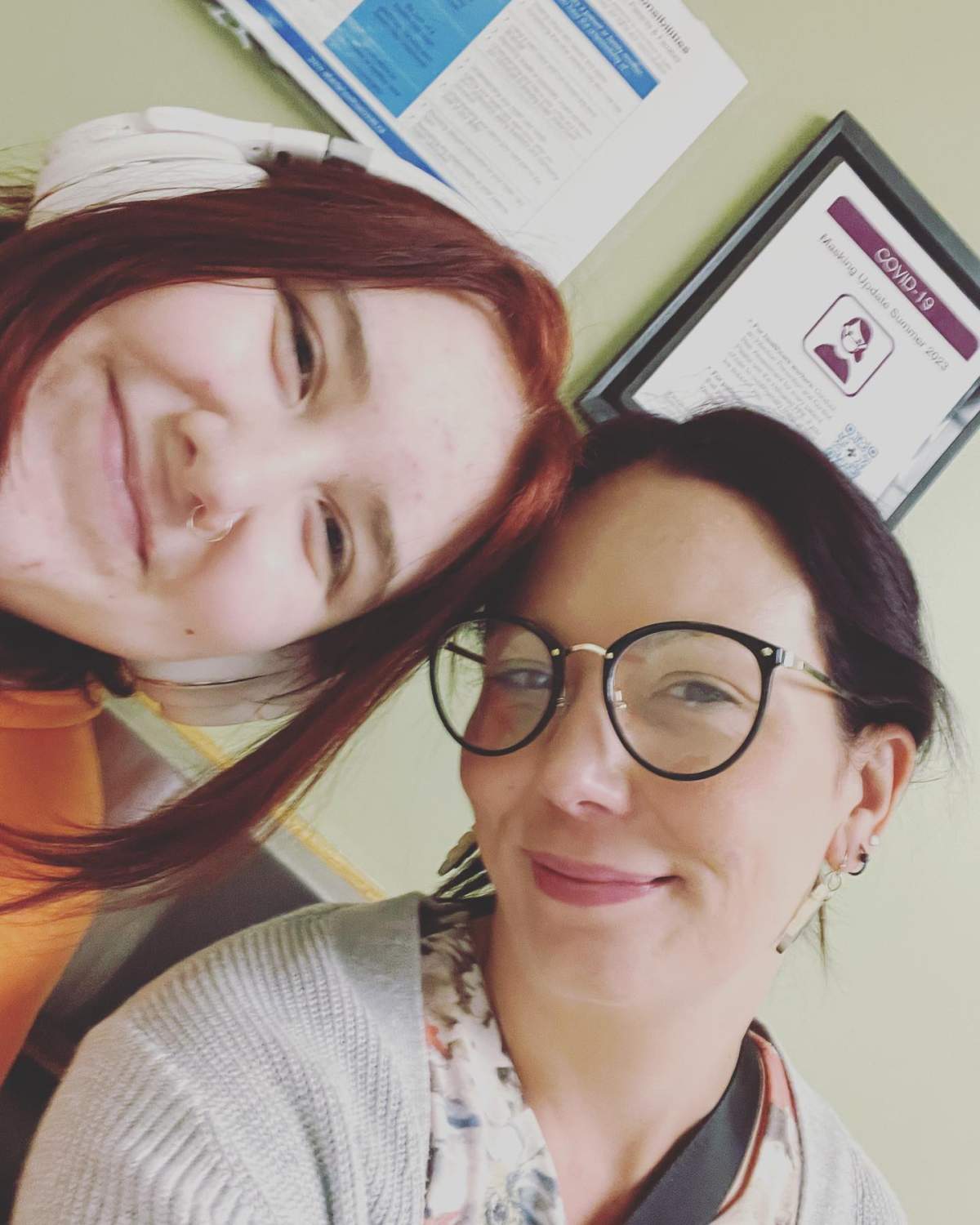




Comments
Want to discuss? Please read our Commenting Policy first.